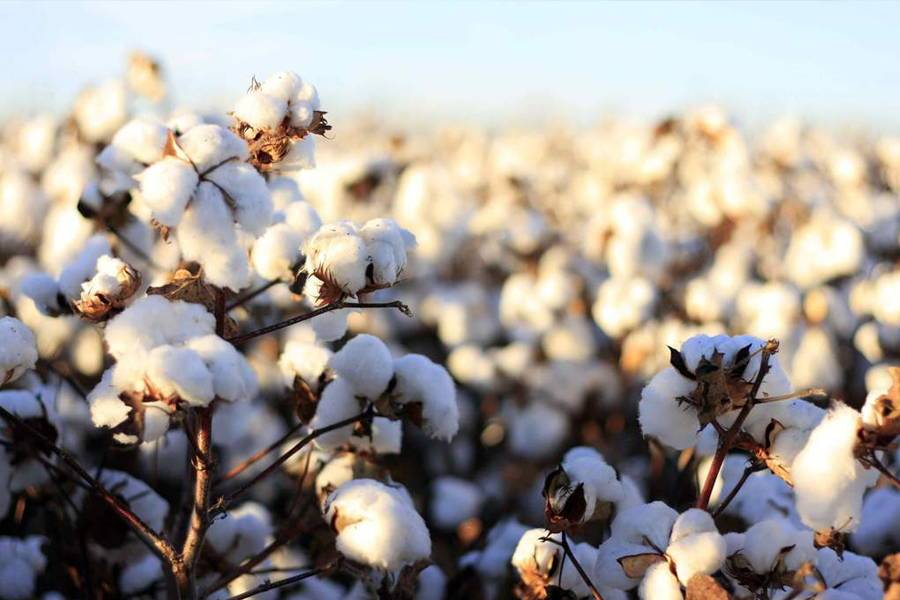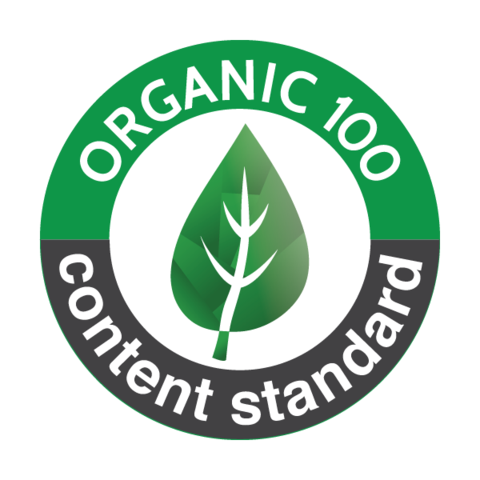What is organic cotton?
The organic cotton (or organic), is the alternative to the traditional cotton and is the result of crops treated essentially with biological fertilizers that have a general impact on the environment very small compared to the normal traditional crops, eliminating, therefore, pesticides, fertilizers, toxic chemicals, and persistent.
How many advantages with the Organic cotton?
Deepen is Responsible for, to wear it is Healthy.
 |
The organic cotton is certified by third party institutions , which check the whole production process and give, in the case of a positive outcome, the origin and the production chain. In addition to this, the organic cotton must be produced from seed natural, and not genetically modified (GMO).
A certification for Organic cotton, attesting to the quality and the correctness of the biological origin of the cotton, there is definitely the exclusion of pesticides, fertilizers, herbicides, and more than 900 synthetic substances that are harmful to the environment and to human health.
Article 1 of the law that regulates this type of production (REGULATION (EC) No. 834/2007 of the COUNCIL OF 28 June 2007 on organic production and labelling of organic products and repealing regulation (EEC) no. 2092/91) explicitly mentions:
Organic production is an overall system of farm management and food production based on the interaction between the best environmental practices, a high level of biodiversity, the preservation of natural resources, the application of strict criteria in the field of animal welfare and a production adapted to the preferences of certain consumers for products produced with substances and natural processes. The organic production method exerts, therefore, a twofold social function, providing on the one hand to a specific market that meets the demand of organic products of consumers and, on the other, by providing public goods that contribute to the protection of the environment, animal welfare and rural development.
What are the benefits? Among the many cite these:
-
Banned substances are harmful to the human being
-
The scheme of rotation for the crops. Not the most intensive crops that exploit the earth
-
Equity and protections for workers. No more multinational system, but fair.
-
The human body is no longer exposed to toxic substances.
How much Organic Cotton is produced?
Until 2010 the organic cotton has undergone a rapid surge coming up to the 241.698 t. in the same year! In the following years, up to the
 |
2014-15, the annual production worldwide is down until you get to the peak lower 112.488 t. From 2015 we observe a slight recovery until 2018, in waiting of the data in 2019 (not yet available). We take into account that traditional cotton is put on the market in quantities almost 100 times higher for a value of 26,22 million tons: the organic cotton represents less than 1% of the total.
The main producers of organic cotton are, at present, China and India. Syria, up until a few years ago, stood at second place in the world: today, it is no longer in the rankings as a result of the military actions carried out inside the Country.
HERE ARE OUR PRODUCTS IN ORGANIC COTTON
How important is the fabric that we wear on our skin?
Not all realize, when we talk about pollution and the human body, the apparatus receptive of the body is the skin. The skin is the biggest filter between us and the external environment and anything (air, tissue, liquid...) is in contact with us is filtered and then absorbed by our epidermis.
From here it is quite evident that, a tissue with high concentrations of harmful elements that are often used for the treatment or for the production of the base material of the head, it can cause, with time, the absorption constant of the chemical agents released from the fibres of the textile product.
We are always attentive to what we eat, it is almost a fashion now, but too often we forget of what we wear. A European Commission study a few years ago, found that 8% of dermatitis on our continent is caused by the tissues that are in contact with our skin day after day.
To those who recommend Clothing made of Organic cotton?
To be fair we answer "all". Considering what has been said, in fact, that we can not hope for a development that is more and more widespread of this type of fabric and cultivation. The clothing traditional are not all malicious in the same way, and above all, considering the exposure that they "suffer" on a daily basis, for normal dressing up daily), if we talk about custom apparel, promotional the risks decrease by tapping the zero.
Stampegrafica is always attentive to all forms of associations, in particular those which operate in the education of youth in the safeguarding of the environment and in the world of hospitality. In particular to them, that they "dirty the hands" actively with commitment and effort, we recommend that you use organic fabrics certainly is the most suitable for the activity in the movement (where the skin can breathe in a more sustained).
It is for this reason that we provide a preferential channel for all the associations that we want to make the request of the heads of organic clothing.
What products we offer?
We have a catalog of a few items of clothing in organic cotton. The prices are a bit higher than products in traditional cotton or polyester. The quality is undoubtedly superior, and our skin will thank us! For a few euros more we would have done any good to our body and the environment.
Most of our products in organic cotton and are GOTS certified
FIND OUT MORE ABOUT GOTS CERTIFICATION
